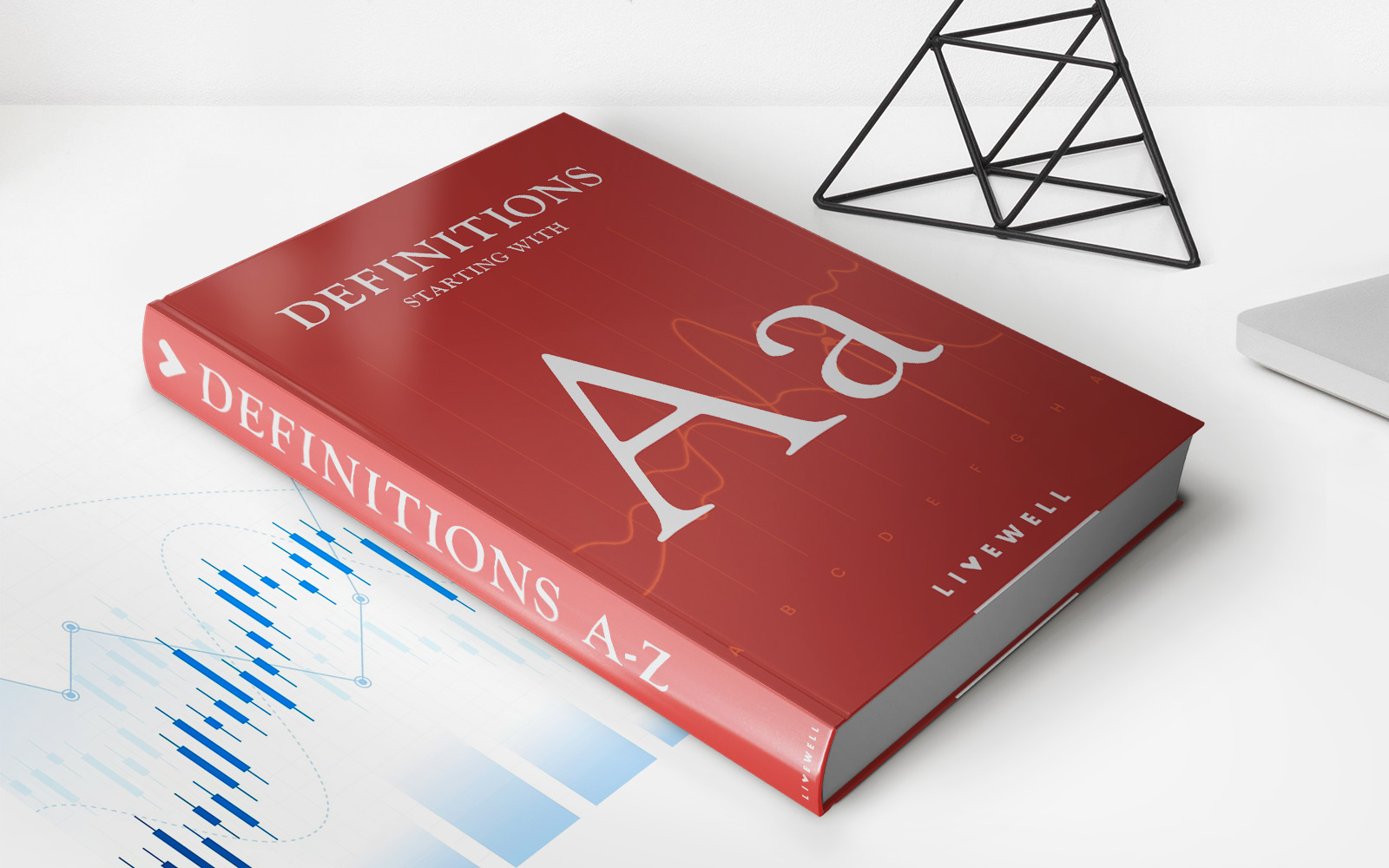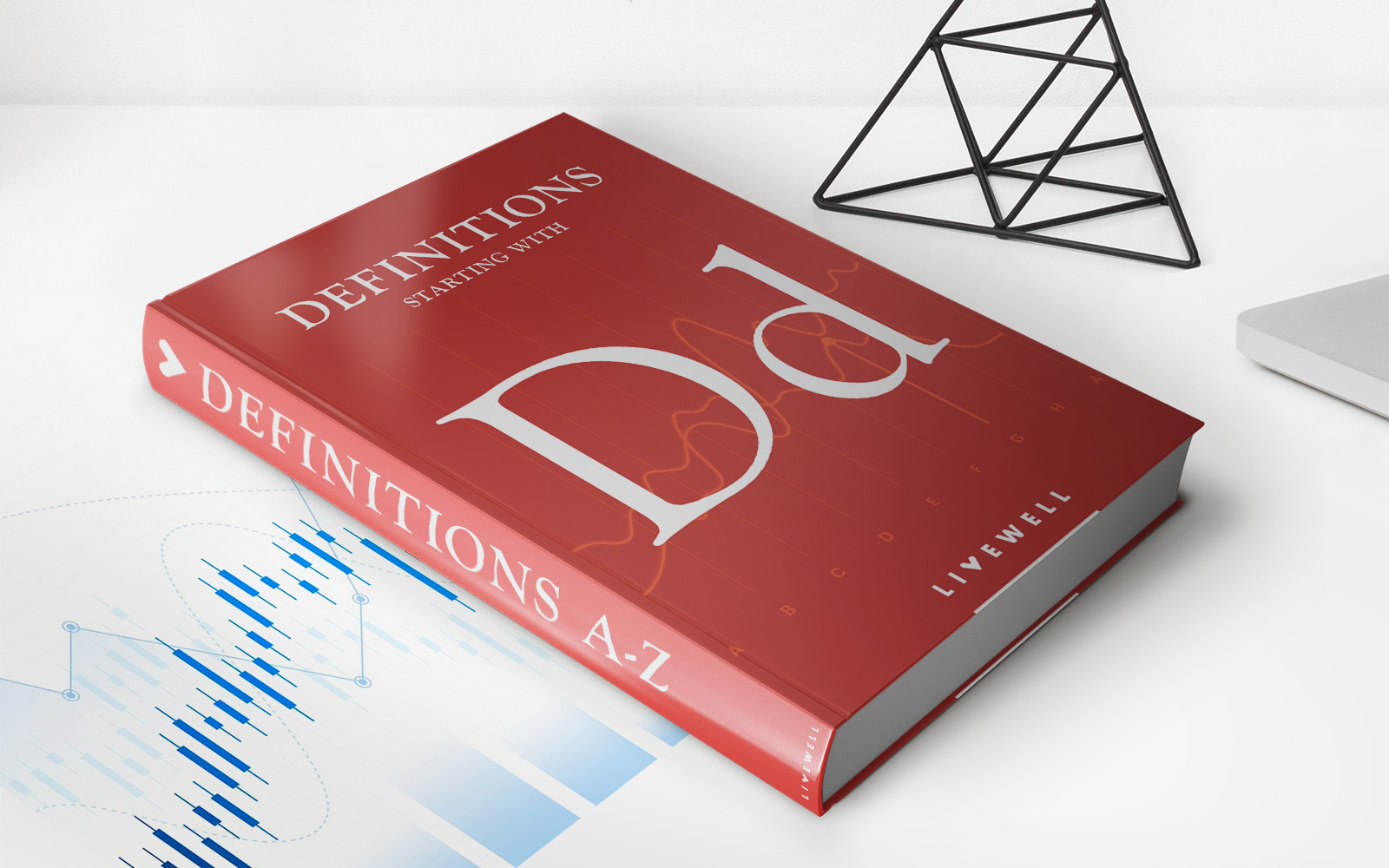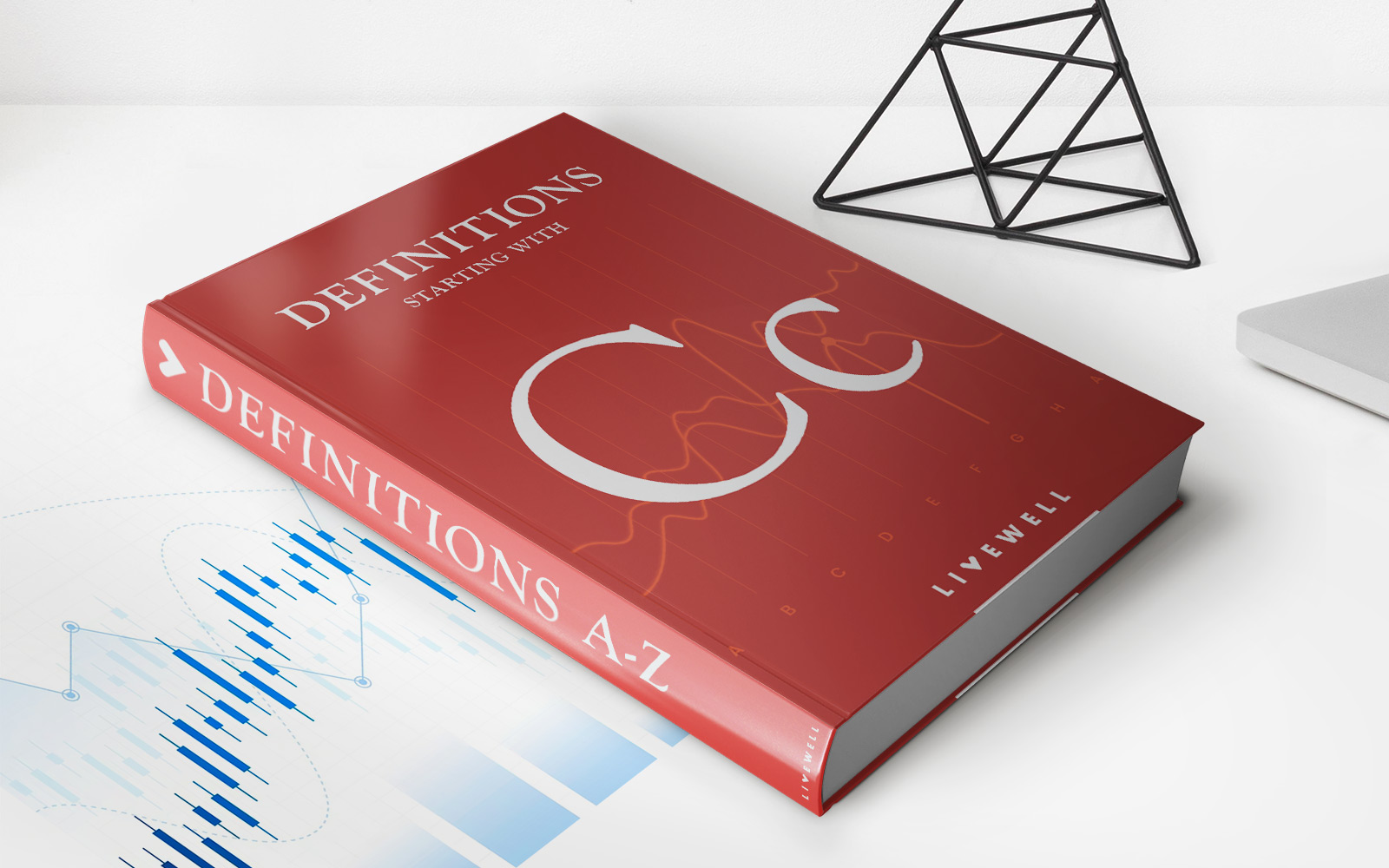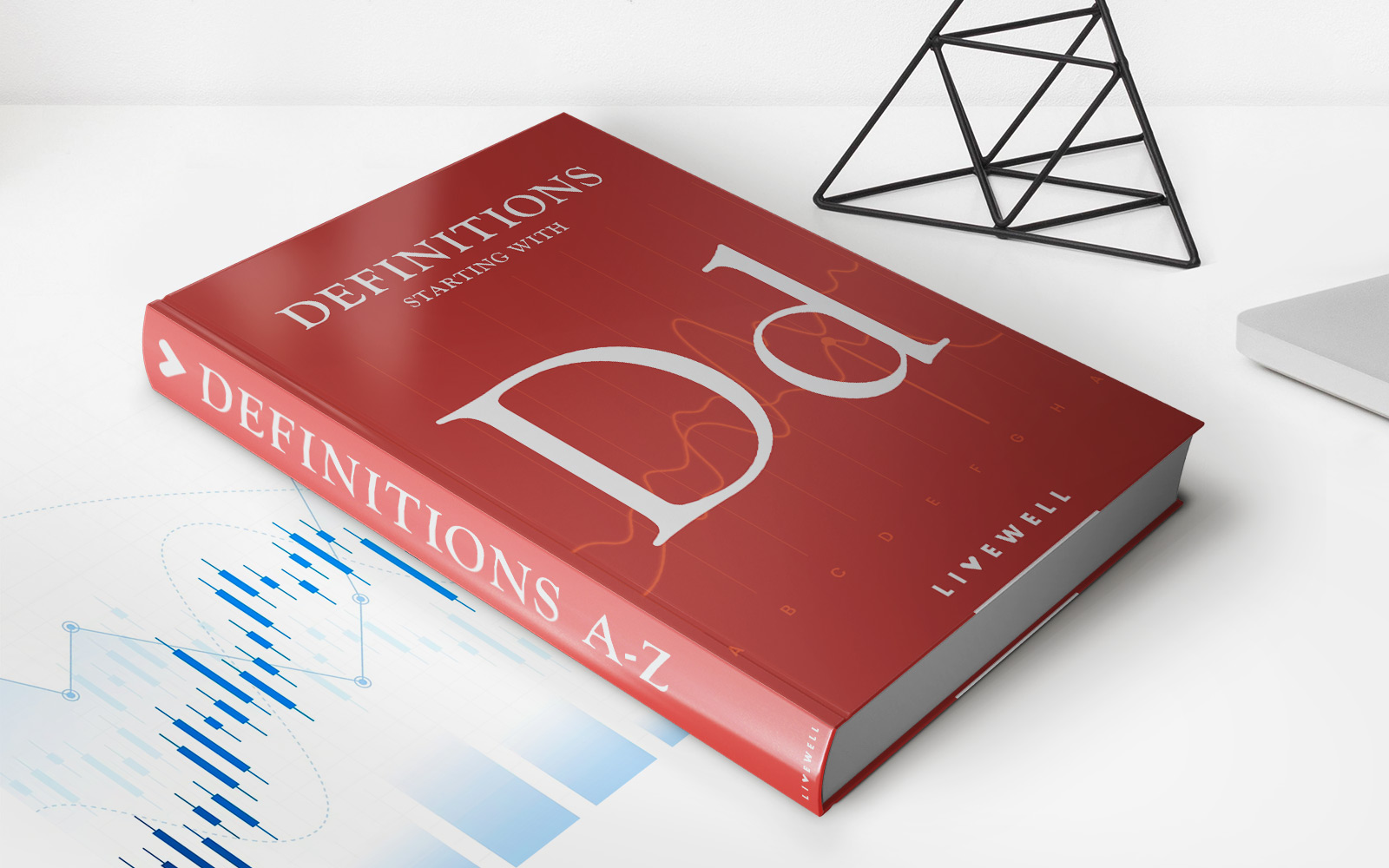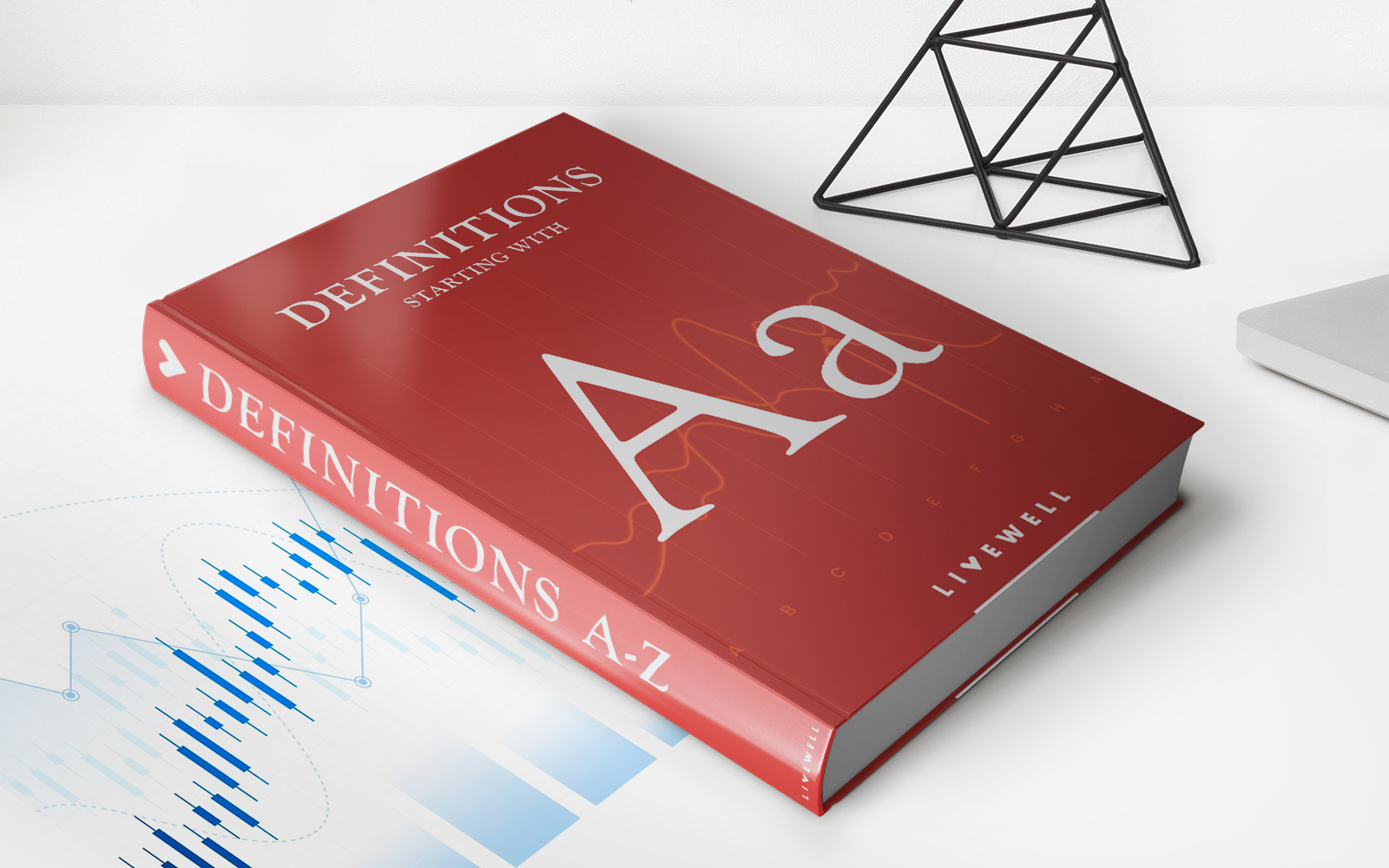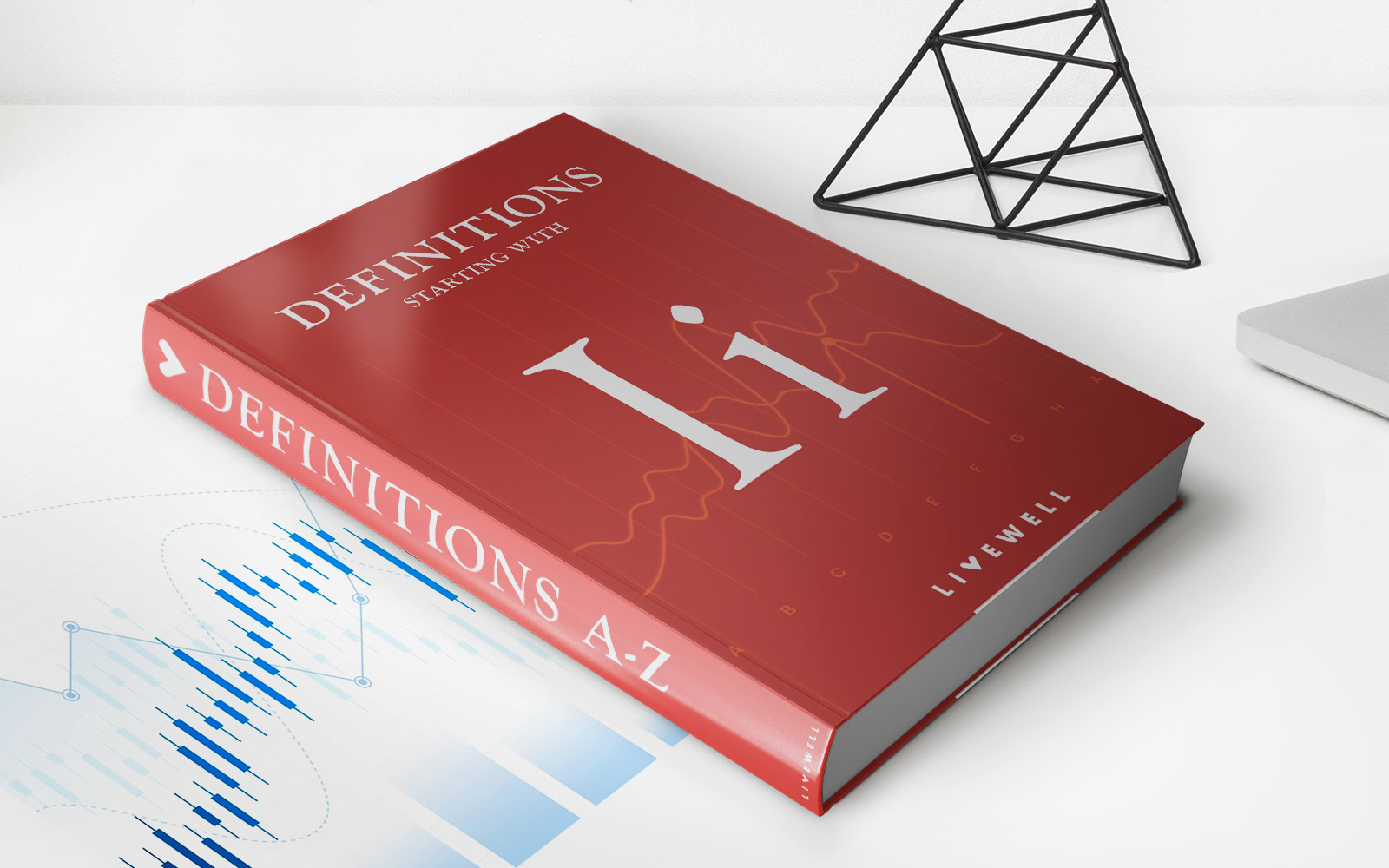Home>Finance>Depository: Definition, Meaning, Types, And Examples
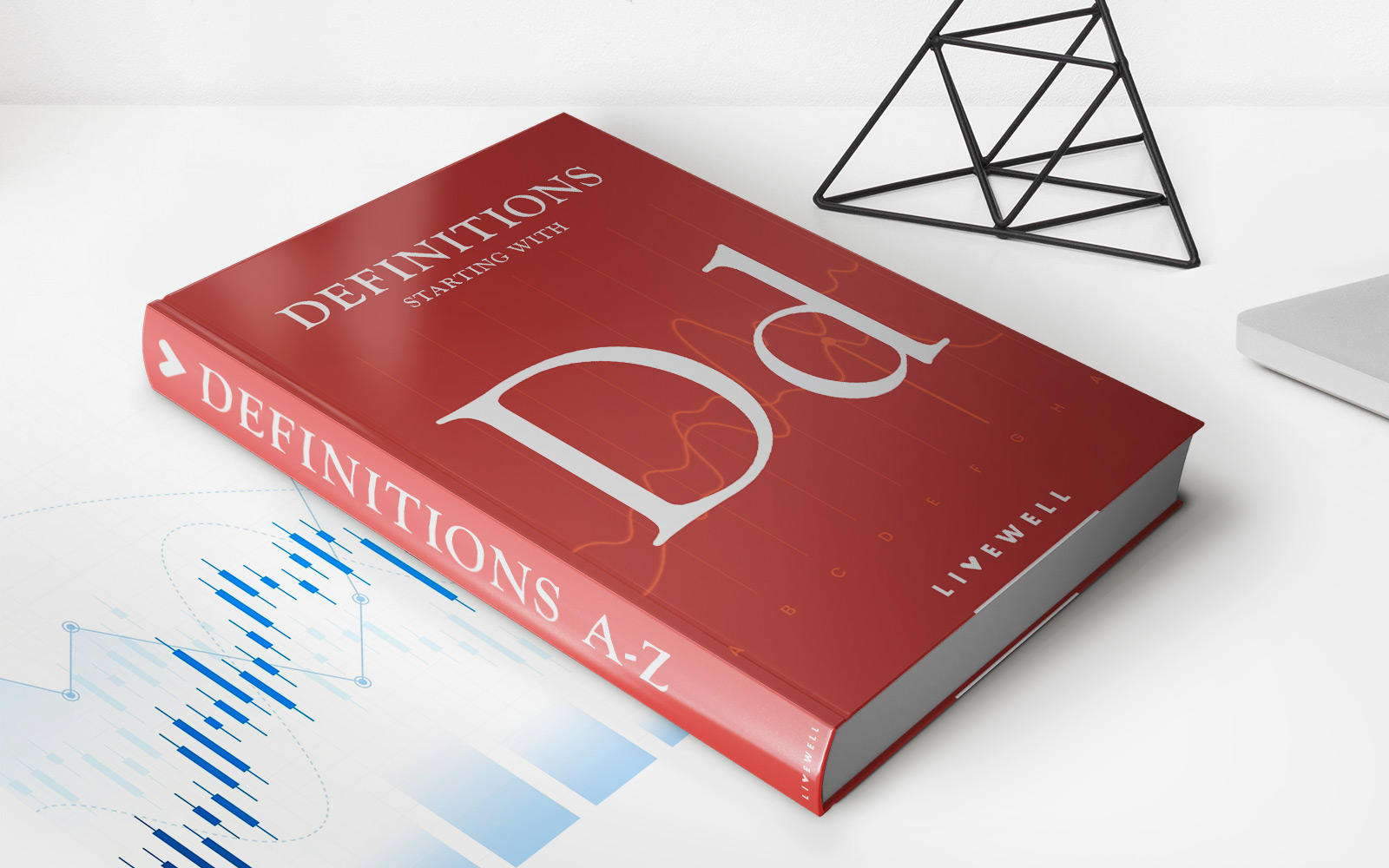

Finance
Depository: Definition, Meaning, Types, And Examples
Published: November 10, 2023
Looking to understand finance and its various types and examples? Discover the definition, meaning, types, and examples of depository in this comprehensive guide.
(Many of the links in this article redirect to a specific reviewed product. Your purchase of these products through affiliate links helps to generate commission for LiveWell, at no extra cost. Learn more)
Understanding Depository: Definition, Meaning, Types, and Examples
Welcome to our finance blog! Today, we’re diving into the world of depositories. If you’ve ever wondered what a depository is and how it works, you’re in the right place. In this article, we’ll provide a clear definition of depositories, explore their meaning, discuss different types of depositories, and provide real-life examples to illustrate their importance in the financial world. So, let’s get started!
Key Takeaways:
- A depository is a financial institution that holds securities and other assets on behalf of individuals, businesses, and other financial entities.
- Depositories play a crucial role in the safekeeping and efficient transfer of securities, enabling investors to trade and invest with confidence.
What is a Depository?
A depository, in the realm of finance, refers to a financial institution that offers custody and safekeeping services for various types of assets, including stocks, bonds, mutual fund units, and other securities. Depositories serve as intermediaries between securities issuers, investors, and market participants, facilitating the secure and efficient transfer of assets.
Depositories provide a vital infrastructure that enables investors to hold, trade, and settle securities with ease. By offering centralized custody services, depositories minimize the risk of loss or theft of securities, providing greater confidence and security to market participants.
Types of Depositories:
There are two primary types of depositories:
- Central Depository: A central depository is a specialized institution that operates as a centralized platform for holding and settling securities. It serves as the central repository for the electronic book-entry records of securities, simplifying the transfer and ownership of securities. Examples of central depositories include the Depository Trust Company (DTC) in the United States and the Central Depository Services Limited (CDSL) in India.
- Commercial Depository: A commercial depository, also known as a bank depository or a financial depository, is a financial institution that provides a range of banking services in addition to custody and safekeeping. Commercial depositories may offer services such as deposit accounts, loans, and other financial products. Examples of commercial depositories include traditional banks and brokerage firms.
Examples of Depositories:
Now let’s take a look at a few real-life examples of depositories:
- The Depository Trust Company (DTC): DTC is one of the world’s largest securities depositories and serves as a central depository in the United States. It provides custody and settlement services for a wide range of securities, including equities, corporate and municipal bonds, and money market instruments.
- Euroclear: Euroclear is a Brussels-based central securities depository that operates in multiple countries across Europe. It provides settlement, custody, and related services for a variety of securities, including government bonds, equities, and corporate debt.
- JPMorgan Chase: JPMorgan Chase is an example of a commercial depository that offers a comprehensive range of financial services, including custody and safekeeping of securities. It serves individual and institutional clients, providing them with access to global markets and investment opportunities.
These examples demonstrate the crucial role that depositories play in ensuring the smooth functioning of financial markets and enabling investors to participate in various asset classes with confidence.
In Conclusion
In summary, a depository is a financial institution that provides custody and safekeeping services for securities and other assets. Central depositories act as electronic book-entry systems, facilitating the secure transfer and settlement of securities, while commercial depositories offer a broader range of financial services alongside custody. The examples mentioned highlight the significance of depositories in the global financial landscape. So, the next time you hear the term “depository,” you’ll have a better understanding of its definition, meaning, types, and real-life examples.


